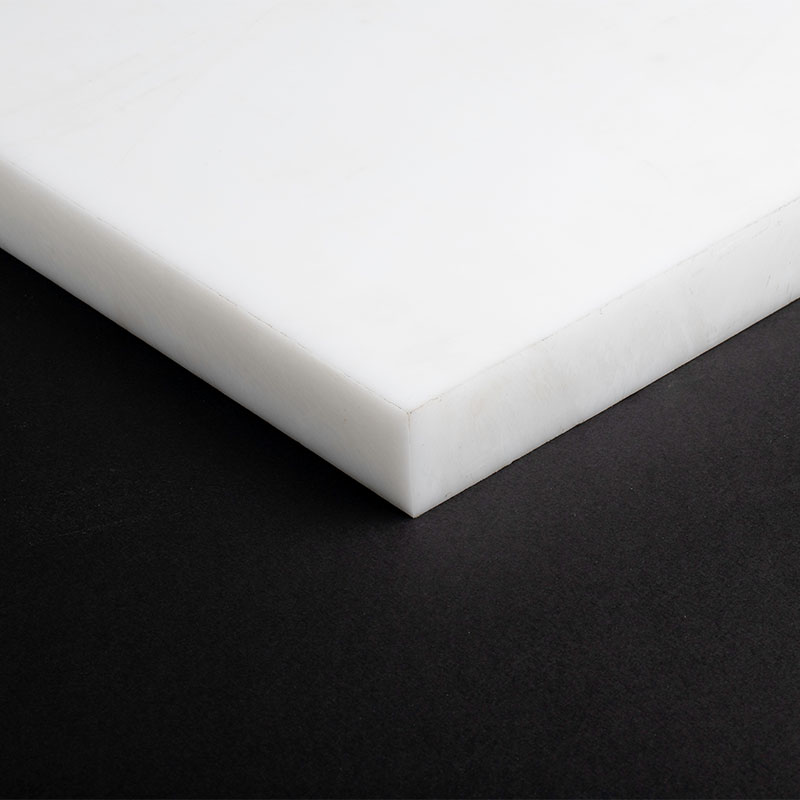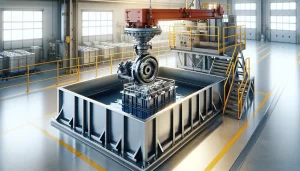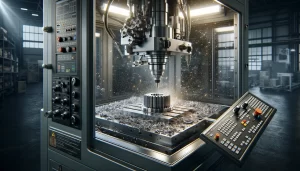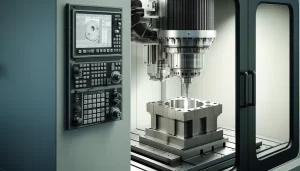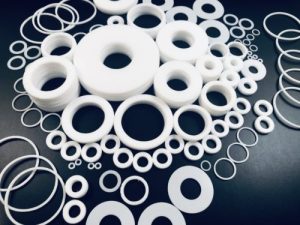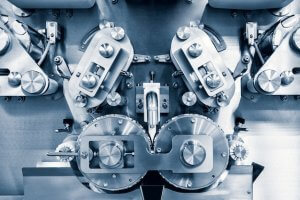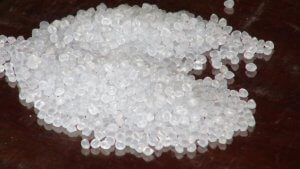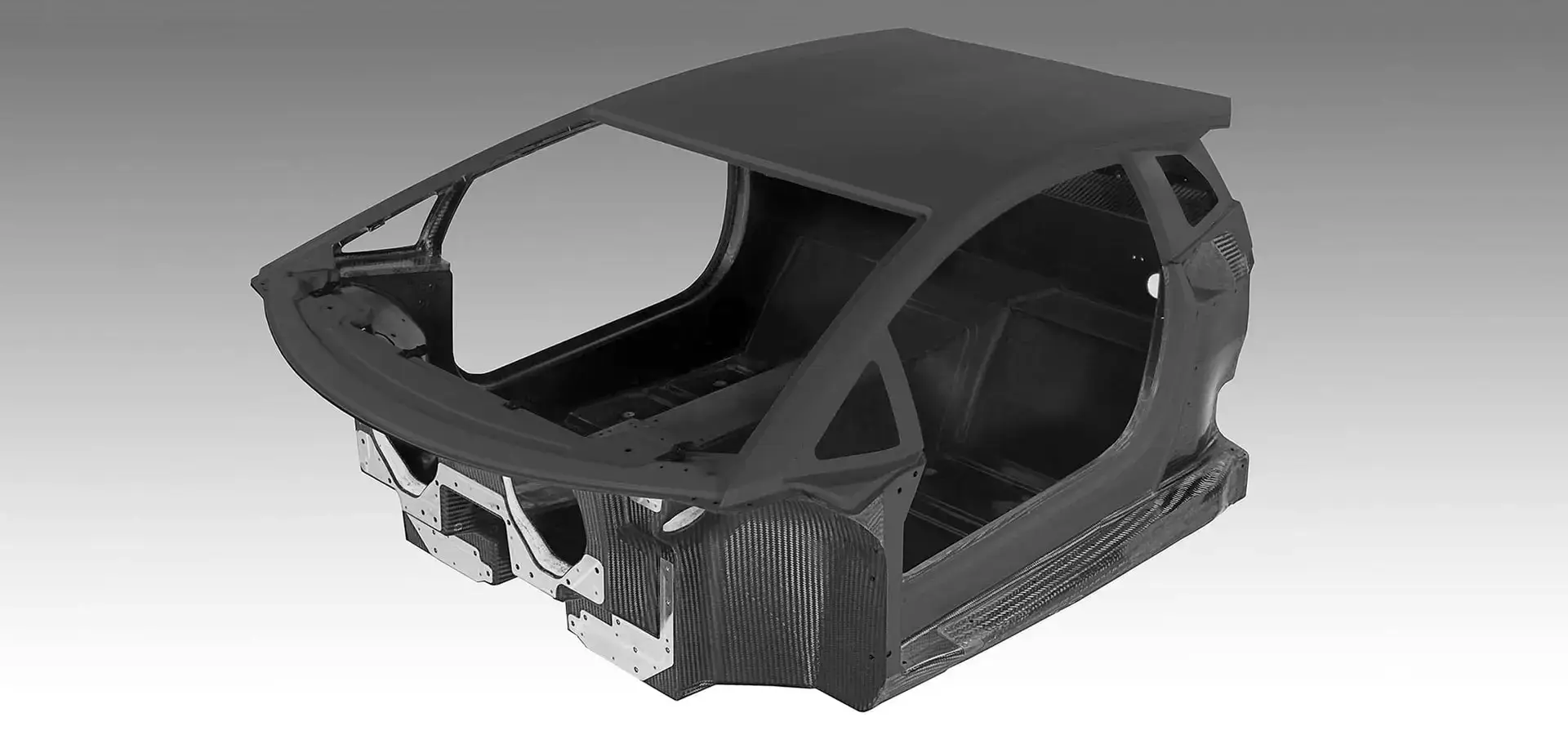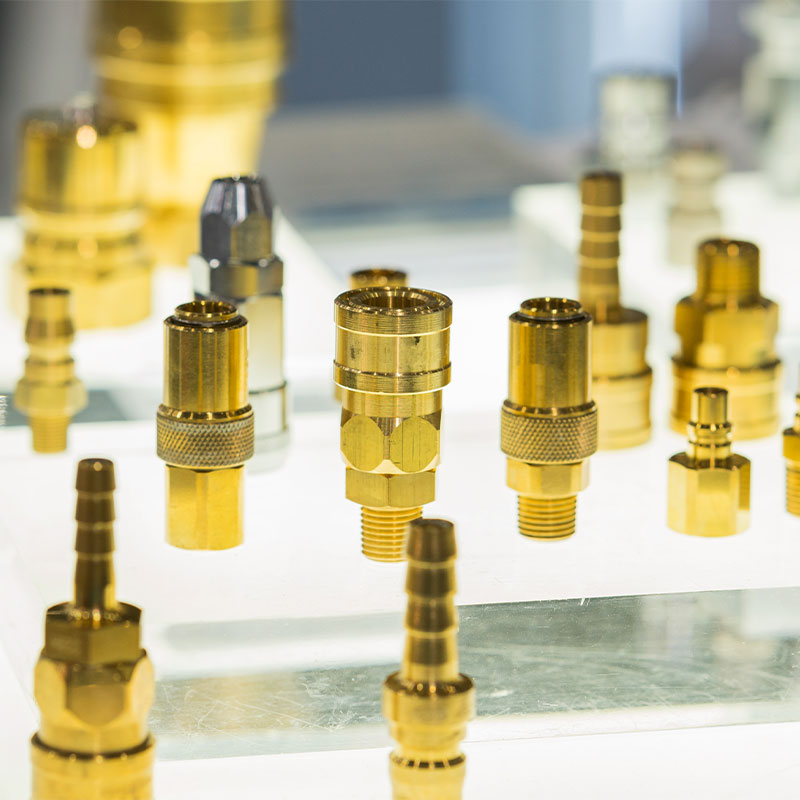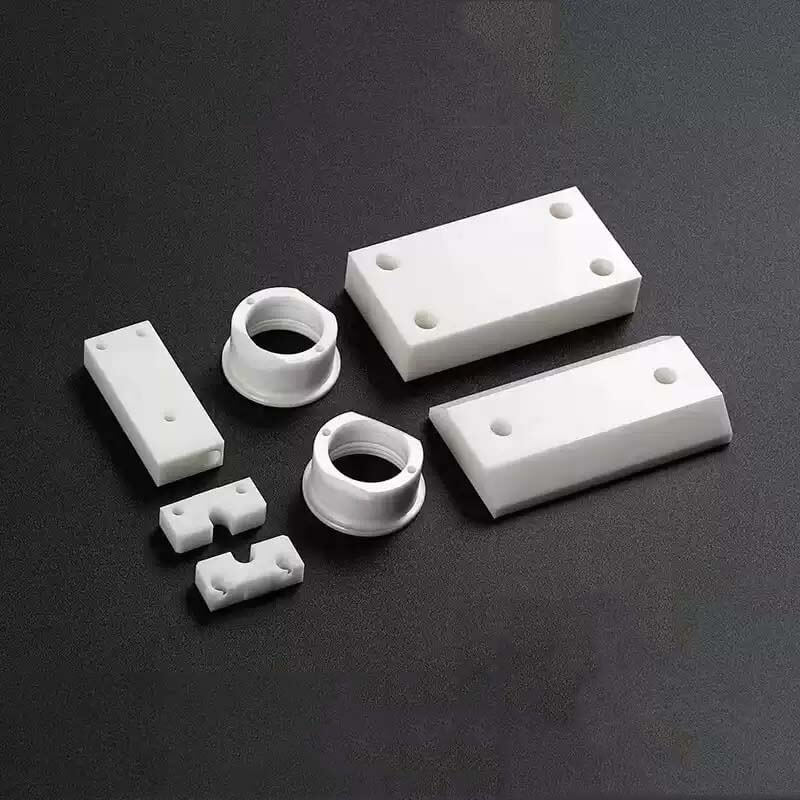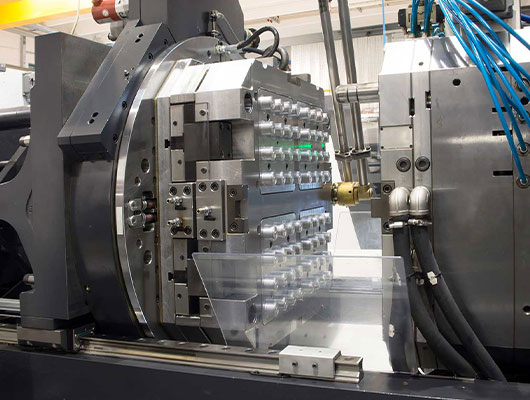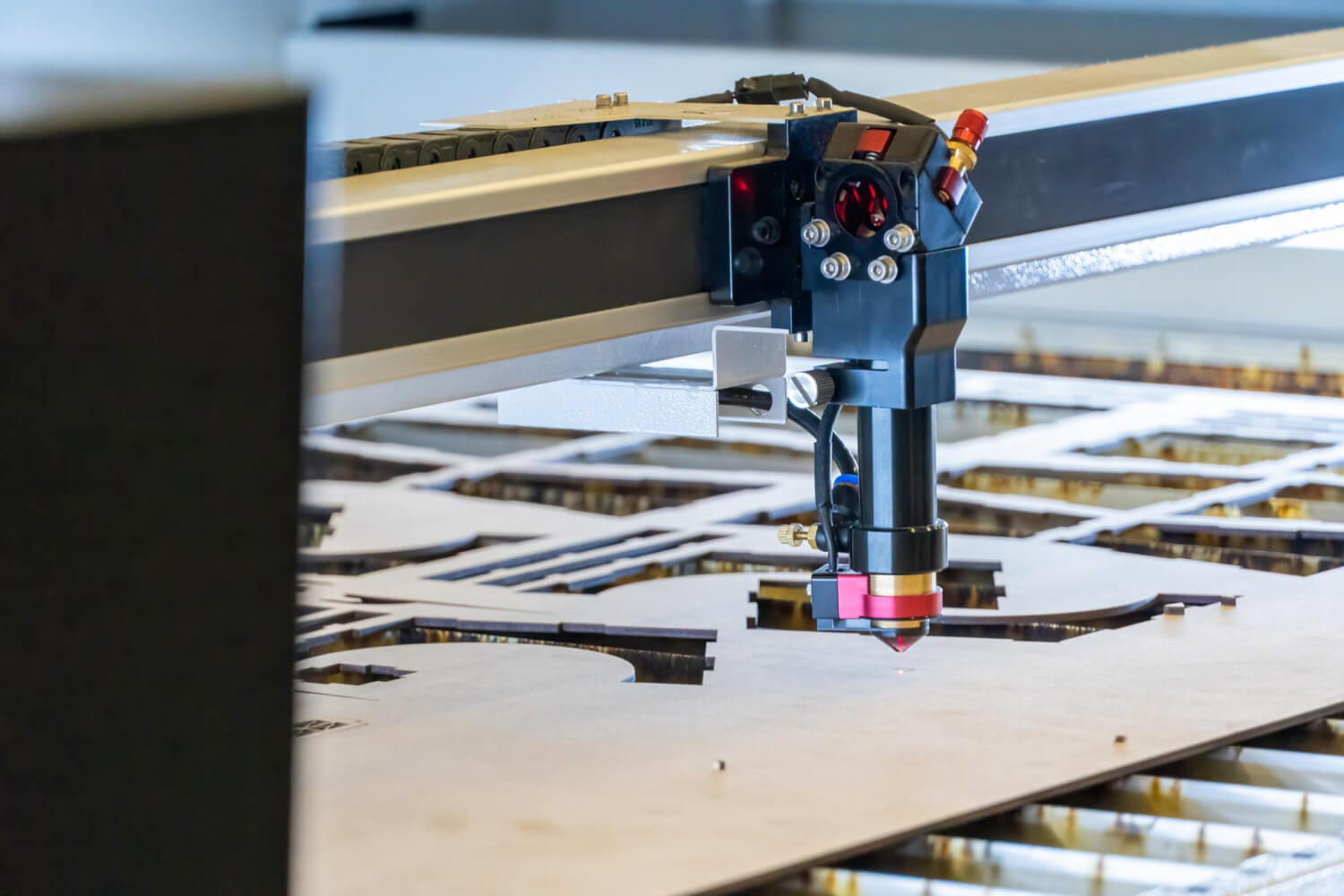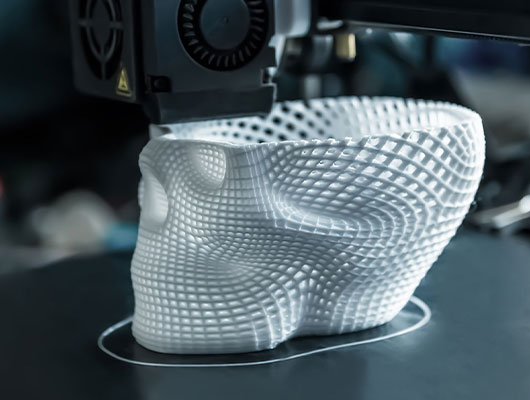About Teflon (PTFE)
Teflon, also known as polytetrafluoroethylene (PTFE), is a synthetic fluoropolymer of tetrafluoroethylene. It is a highly versatile plastic material with excellent chemical resistance and a low coefficient of friction, making it a popular choice in industries such as aerospace, electronics, and automotive.
Teflon is also highly resistant to heat and has a wide temperature range, making it suitable for high-temperature applications. Additionally, it has a low dielectric constant, which makes it an ideal choice for electrical insulation.
When it comes to CNC machining, Teflon is a relatively soft material, making it easy to machine. However, it is also highly temperature-sensitive and can deform or melt if subjected to high temperatures during the machining process. As a result, it is important to use appropriate tooling and cutting parameters to minimize the heat generated during machining.
Overall, Teflon is an excellent choice of material for a wide range of applications, including CNC machining. Its unique combination of properties makes it highly versatile and suitable for a broad range of industries and applications.


